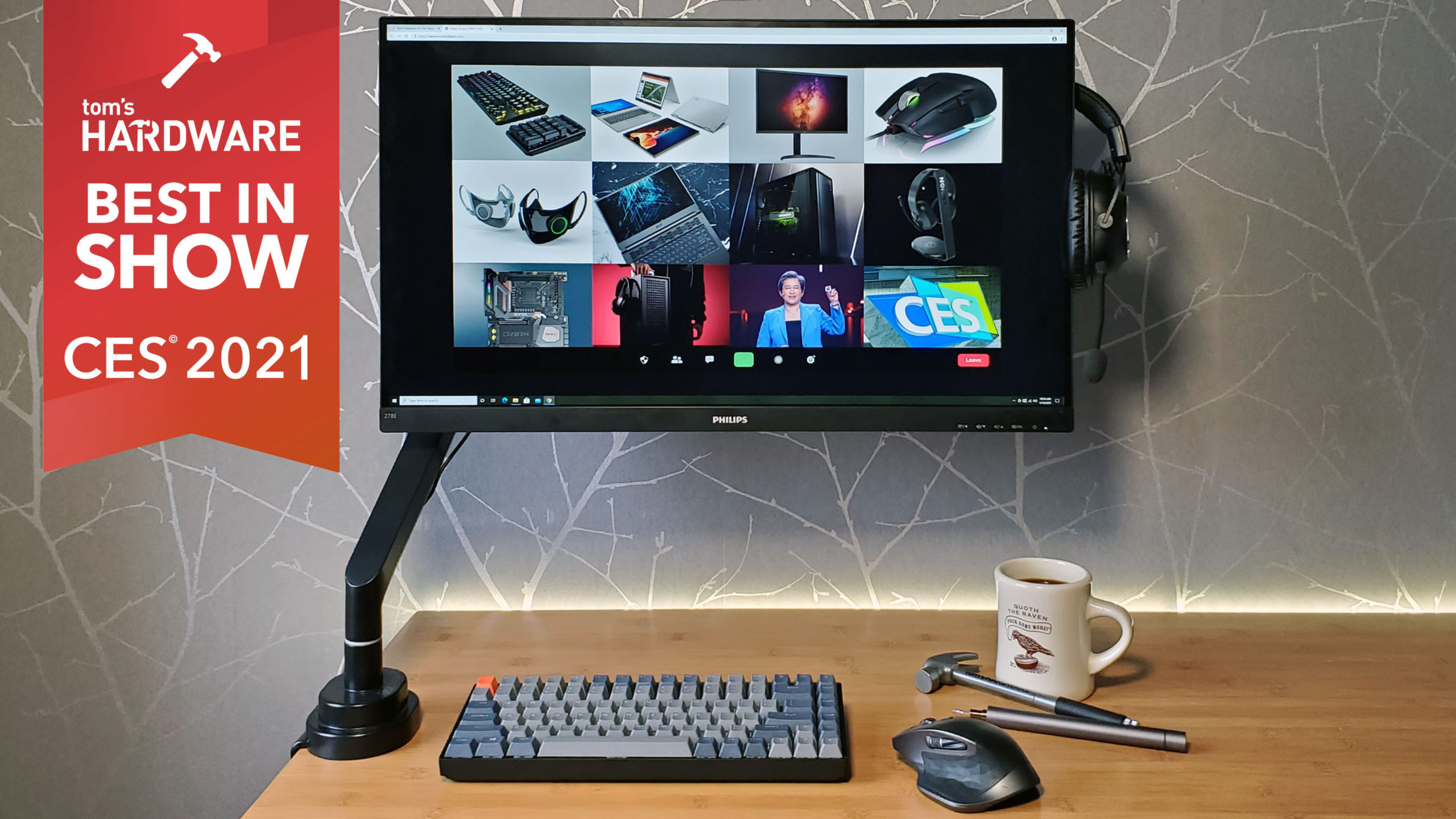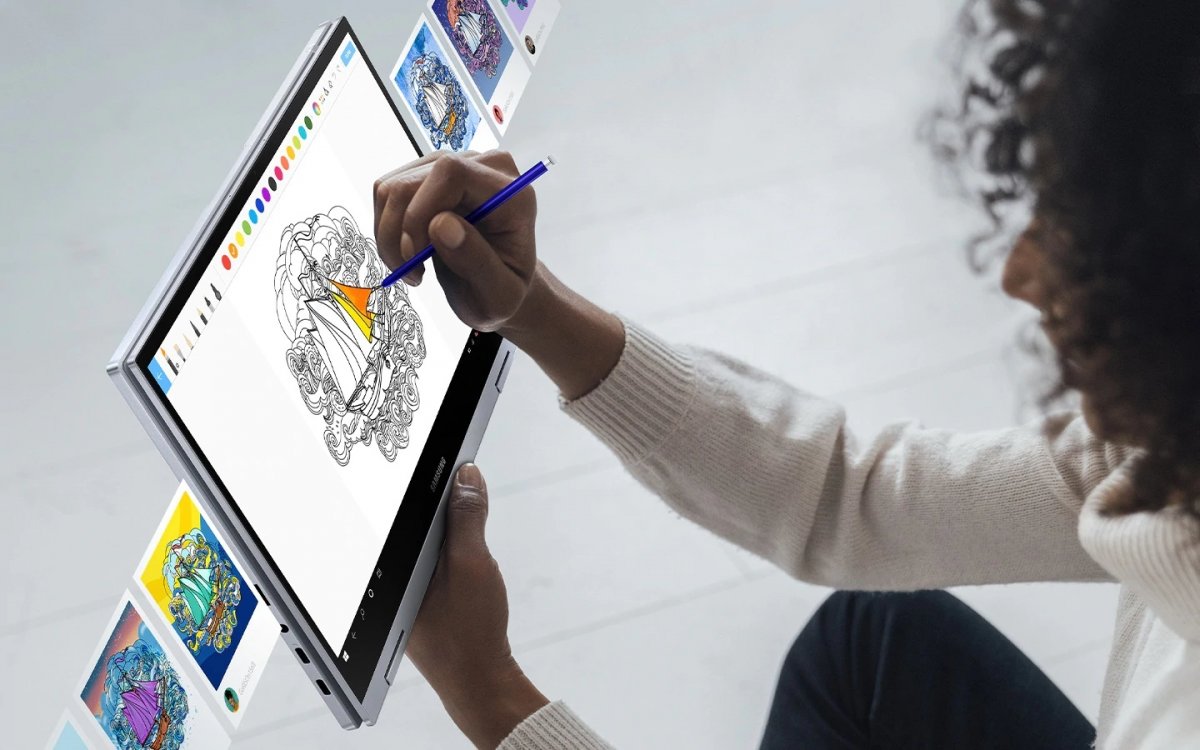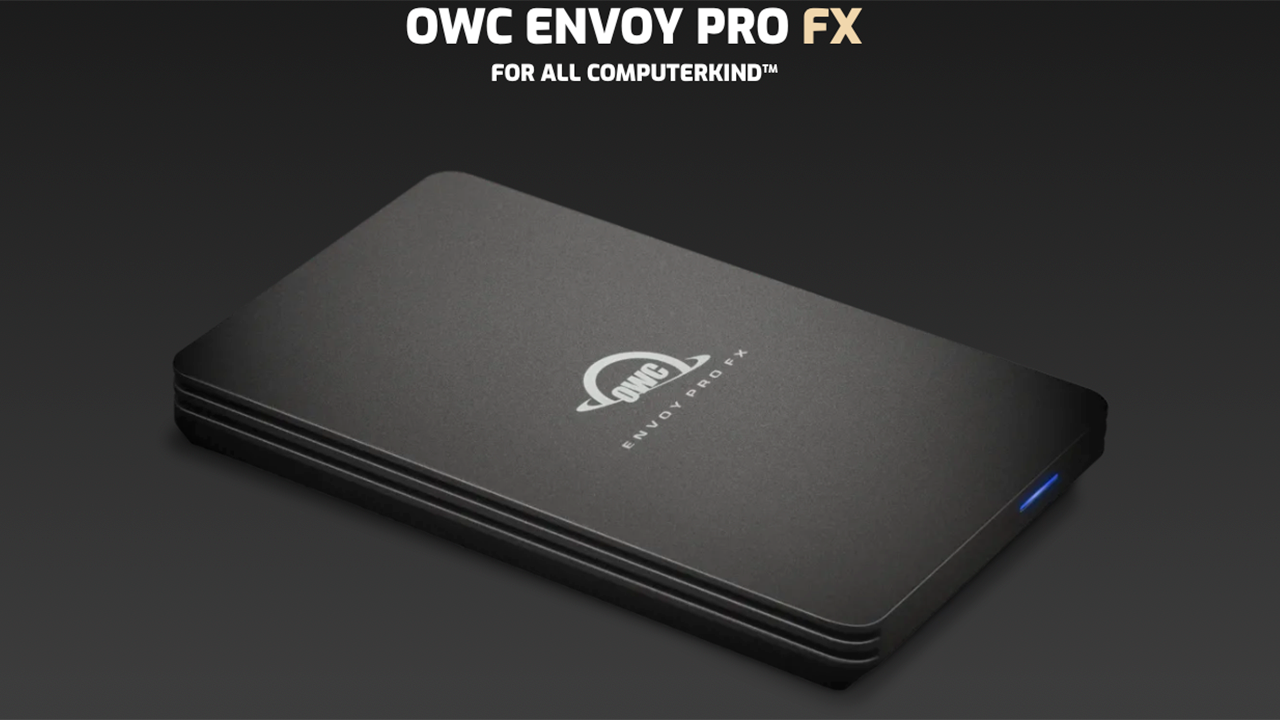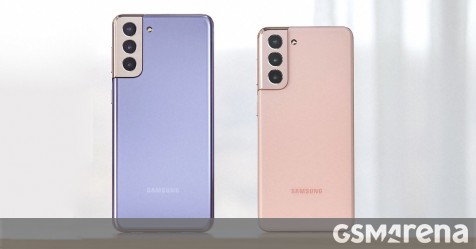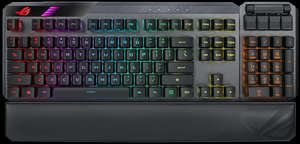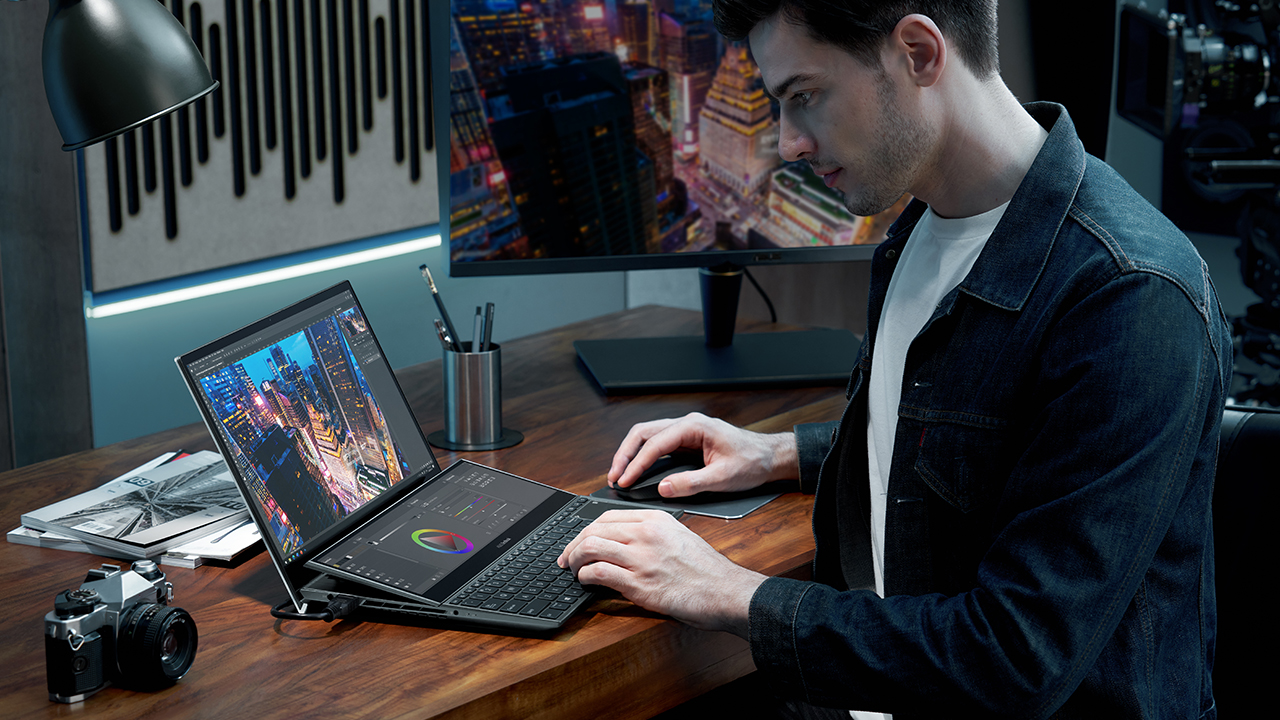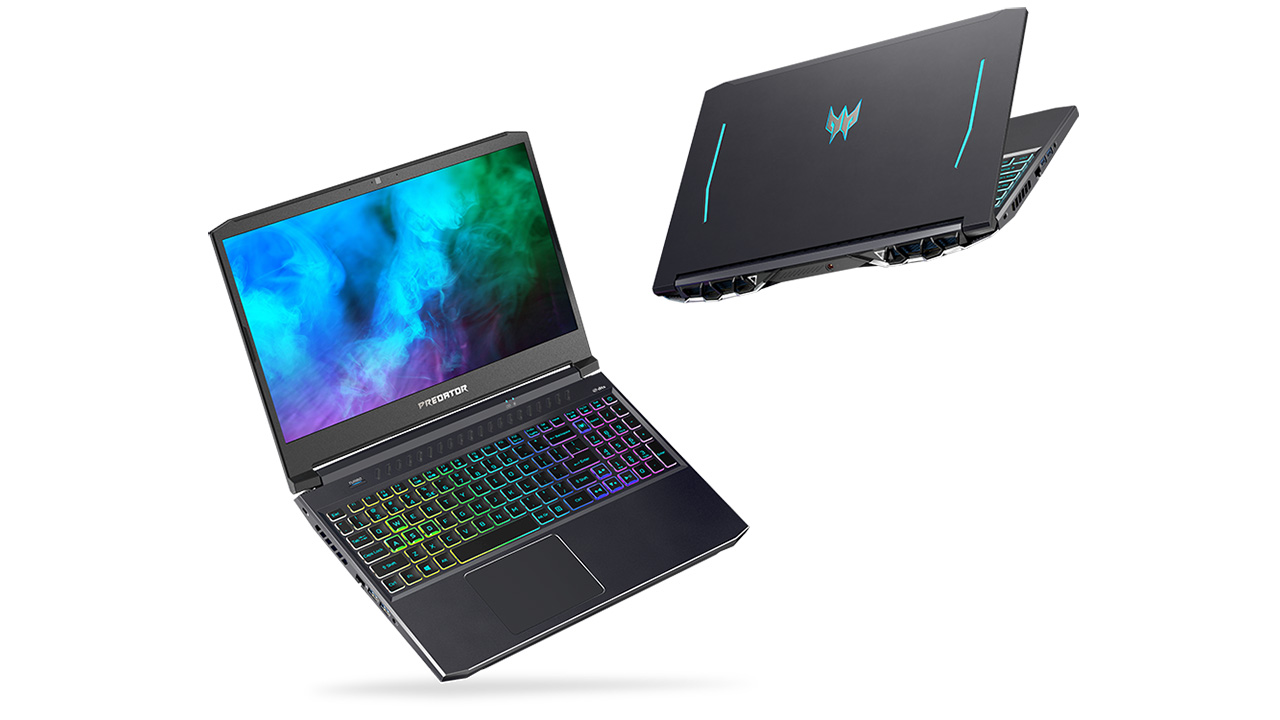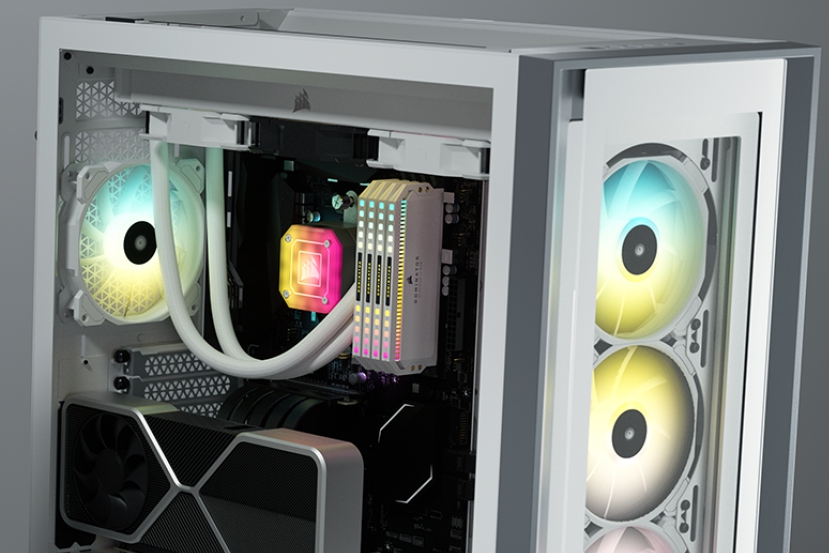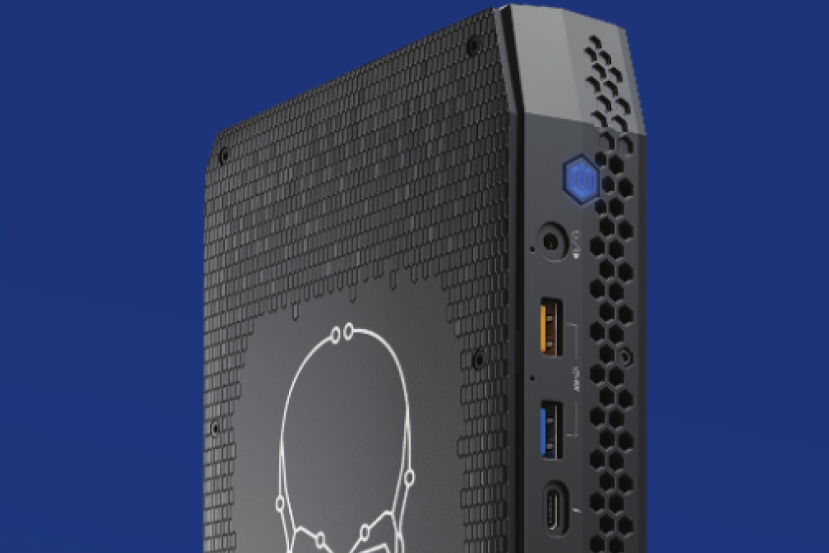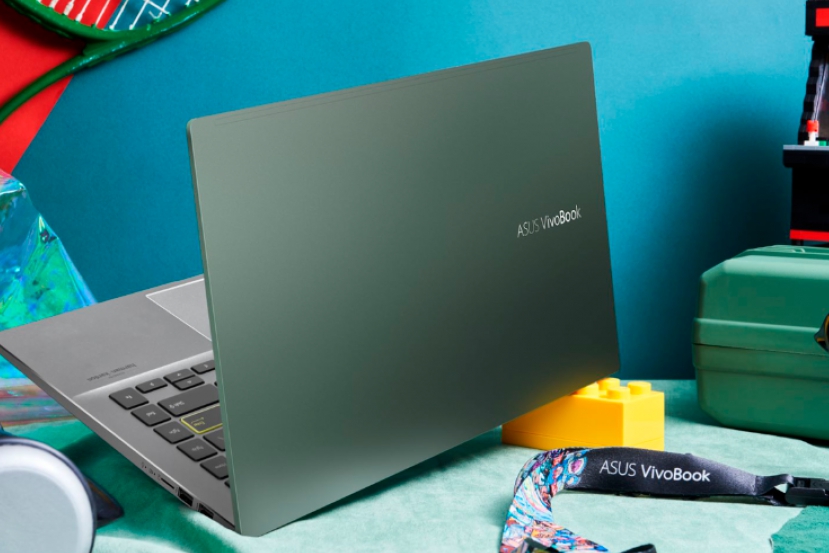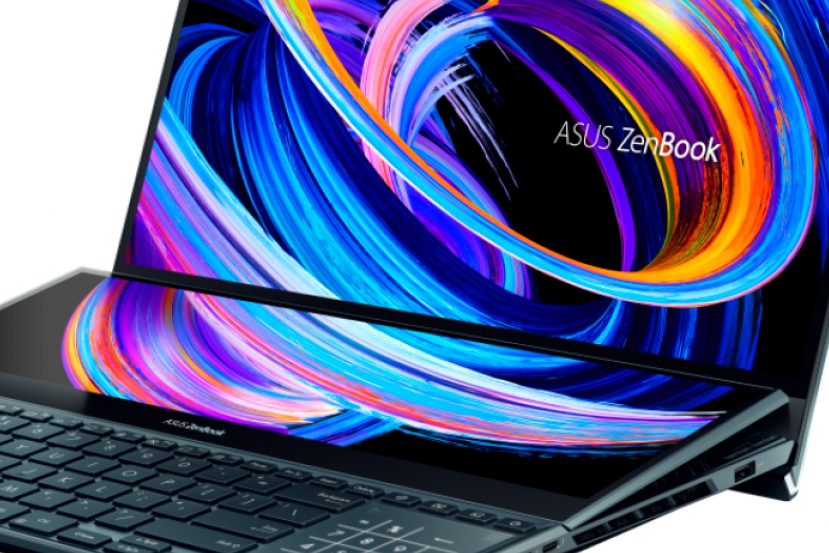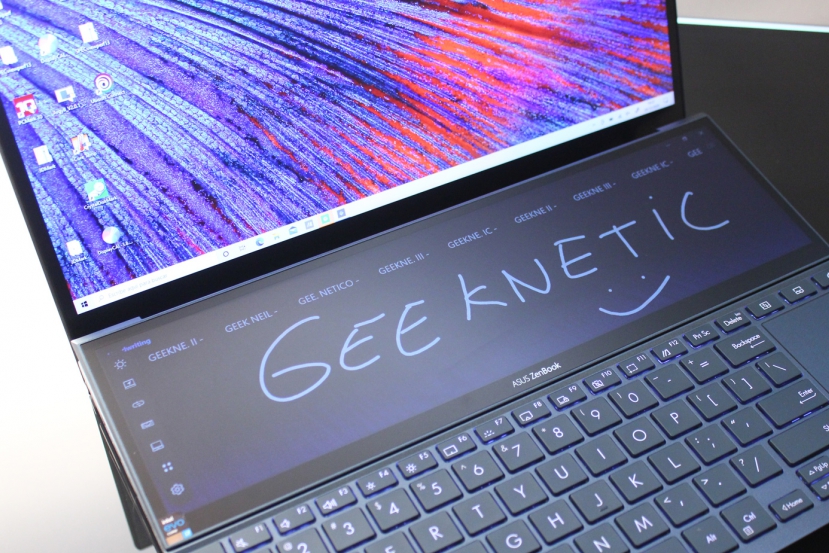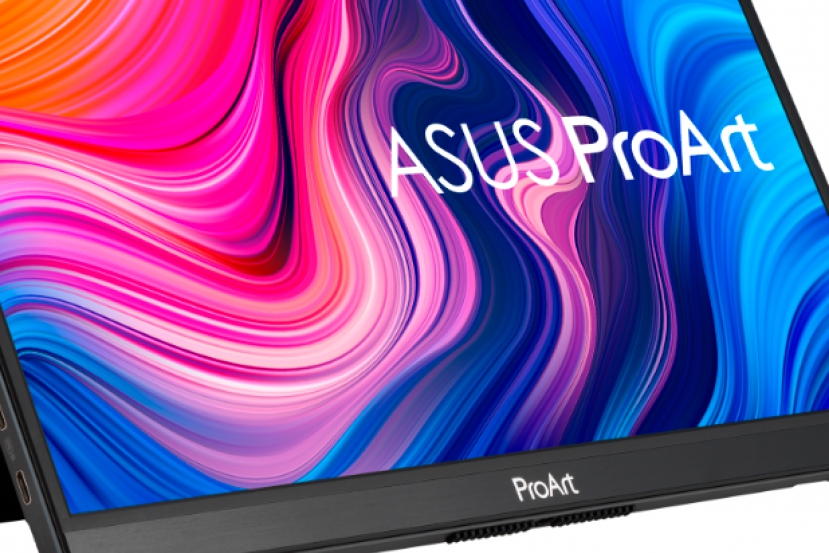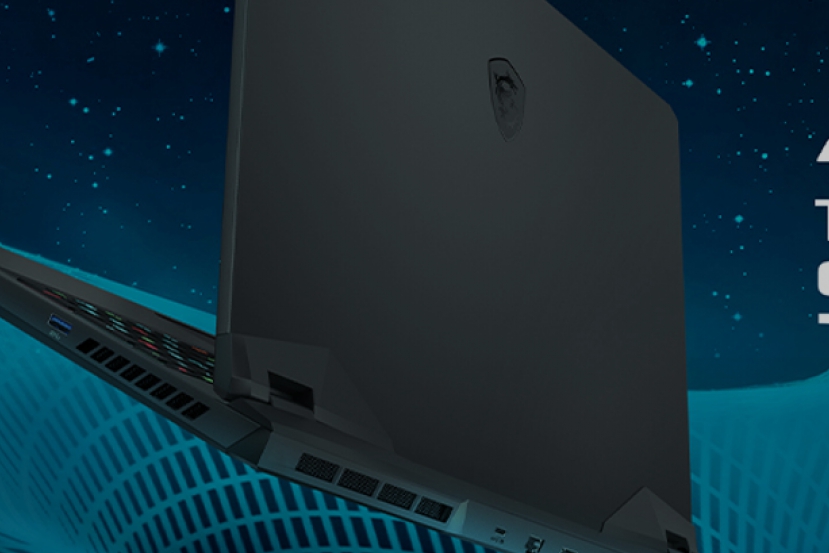Let’s be honest. This wasn’t the CES anyone wanted. We’ve been covering North America’s largest tech show for years, so we can definitively say that, without in-person booths and demos, it’s just not the same. The most interesting things at any show happen outside of the scripted press conferences where we get to see and touch products in person, talk to product managers off the record or wander the halls, looking for the unexpected.
However, even in a down year, there were some bright spots that give us hope for a tech-filled 2021. From a new generation of powerful AMD laptops to a super-sleek compact chassis and even an RGB mask, these are the hottest new products unveiled this week.
Best CPU: AMD Ryzen 5000 Mobile
AMD’s Ryzen 5000 series granted the company the performance lead over Intel in desktop PCs for the first time in more than a decade, and now AMD has brought that same powerful Zen 3 architecture to laptops — and in record time.
The four-, six- and eight-core ‘Cezanne’ Ryzen 5000 Mobile series should bring the best of Zen 3 to laptops, granting the company the lead in single- and multi-threaded applications over Intel’s Tiger Lake chips that still top out at four cores. These powerful new chips will also find their way into gaming laptops hosting the fastest mobile GPUs, finally giving us high-end options for AMD’s mobile platforms.
The entire Ryzen 5000 Mobile lineup comes with threading enabled, higher clock speeds than their predecessors, and brings AMD’s innovative new boost technology to laptops for the first time, which promises higher performance in lightly-threaded work and longer battery life. AMD even threw in two new overclockable HX-series models that support core, memory, and fabric overclocking, which could be a potent combination with the company’s RDNA2 mobile GPUs that land later this year. — Paul Alcorn
Read more: AMD Announces Ryzen 5000 Mobile ‘Cezanne’ Processors, Zen 3 and Overclocking Comes to Laptops
Best GPU: Nvidia RTX 3060 12GB
Nvidia effectively wins this one by default, because nothing else was really announced. Sure, GeForce RTX 30-series GPUs are coming to gaming laptops as well, but those are just power-optimized versions of the Ampere GPUs we already know and love — well, those of us who are lucky enough to have found one in stock, at any rate.
The GeForce RTX 3060 sounds like an amazing value proposition. Performance looks like it should come pretty close to matching the RTX 2070 Super, a card that launched at $500. What’s more, Nvidia has elected to go with a 12GB VRAM configuration, which is more memory than any of the other RTX cards outside of the RTX 3090 and Titan RTX. It’s about time, I say! Plenty of games won’t need 12GB, but there are enough that now creep past 8GB that it’s a welcome change, and 6GB definitely wouldn’t feel right on a $330 mainstream card that’s supposed to last a few years.
The real question: Is there a chance in hell that Nvidia and its partners will have enough RTX 3060 cards available at launch to satisfy the demand? My crystal ball is literally laughing at me for even asking, and suggesting I check back around Computex time to see if things have improved. — Jarred Walton
Read more: Nvidia RTX 3060 (12GB) Coming in Feb for $329
Best Laptop: Lenovo ThinkPad X1 Titanium Yoga
In the ultraportable category, CES 2021 was dominated by business laptops to go with the launch of Intel’s 11th Gen vPro mobile processors. Lenovo’s ThinkPad X1 Titanium impressed with its looks and the thoughtfulness given to its design. The 3:2 aspect ratio on the 13.5-inch, 2K display is great for all types of work, as it provides a taller screen. It also makes for a much better tablet experience than a 16:9 laptop. That display also promises Dolby Vision HDR support, while the audio will come from Dolby Atmos speakers.
At 0.45 inches thick, the Titanium Yoga is the thinnest ThinkPad ever, but still tested to military standards. While we haven’t had hands-on due to the virtual nature of CES this year, it looks like it will be a stunning and lightweight convertible 2-in-1at just 2.54 pounds. — Andrew E. Freedman
Read more: Lenovo Goes Thin With ThinkPad X2 Titanium, Adds X12 Detachable
Best Gaming Laptop: MSI Stealth 15M
Nvidia’s new RTX 30-series mobile GPUs and new processors from both Intel and AMD meant a slew of gaming notebooks at this year’s CES. But the MSI Stealth 15M was one of very few to utilize both a new processor and GPU. This laptop is, at 0.6 inches thick, somewhere in-between full-on gaming and an ultraportable. It’s combining a 35-watt Intel Core i7-11375H CPU with an Nvidia GeForce RTX 3060 Max-Q GPU, which should be somewhat formidable for most games.
The all-aluminum stylings and black and white color options appear quite slick. Some of MSI’s other ultraportable gaming options, like GF75, will offer a 45W processor and similar GPU, but it’s also a bit bulkier. For those who want it thin, the Stealth is one of a few laptops in an area we’ll keep a close eye on. — Andrew E. Freedman
Read more: MSI Debuts Stealth 15M With Tiger Lake H35, Powerhouse GE76 Raider
Best Case: iBuyPower Revolt 3 MK3
Taking credit for perhaps the most improved product at this year’s CES, iBuyPower’s Revolt 3 MK3 desktop is a drastic departure from the
Revolt 2
’s RGB and glass-heavy horizontal design. Instead, what we’ve got here is a compact tower with no glass or RGB but plenty of vents on all sides.
Not only does that give it a more understated look that’s easier to fit into your typical office and plenty more space for air to enter and escape the machine, but it’s also more equipped to take advantage of the small form factor footprint that unifies the Revolt line. A handle on the top makes this case easy to pick up for transport, plus it’s got a hook on either side for holding peripherals like headsets.
The side of the case also has a swing-out door for housing a 280mm radiator, plus you can also add on an optional 80mm exhaust fan at the top. The case also comes with a 700 W SFX-L power supply pre-installed alongside pre-routed cables, which makes for one less component you’ll need to buy and should make for less cable clutter.
The key drawback here is the potential for noise. We’ll have to get our hands on it ourselves to say anything definitive, but all those holes do mean you’re probably not going to have much sound dampening.
But that’s an easy tradeoff for such a step forward in usability and looks compared to the oddly-shaped Revolt 2. Plus, you’ll be can get the Revolt 3 MK3 in white too. — Michelle Ehrhardt
Read more: iBuyPower Goes Back to Basics (In a Good Way) With Revolt 3 MK3 SFF PC and Case
Best Motherboard: EVGA Z590 Dark
Intel’s Rocket Lake-S CPUs may not quite be here yet, but motherboard makers rarely let a CES go by without a cadre of new boards to show. And over the last couple of days, we’ve seen details of nearly 50 Z590 motherboards land in our inboxes. While many are intriguing, the EVGA Z590 Dark stands out.
The design of the E-ATX board has an understated aggressiveness, with its large copper heatsinks and black…well, pretty much everything else. The board backs up its aesthetics with a crazy overbuilt 22-phase VRM and a 10-layer PCB. Most of the connectors are angled, to help in hiding cables, which is aided by a cutout in the area of the 24-pin power and USB header connectors.
The board’s primary oddity is a CPU socket that’s rotated 90 degrees. That could complicate some cooler setups, and you only get two RAM slots. But the latter is a nod to memory overclockers, who often get better results on two-slot Mini-ITX boards. No word yet on rated supported RAM speeds, but you can bet they’re going to be among the fastest on the market. And while you lose RAM slots, the board ships with an extra pair of SATA ports (8 total), so you can probably plug in every functional SATA drive you’ve got in a drawer or a box in the back of your closet. For faster storage, the EVGA Z590 Dark has three M.2 slots. And if 11 drives isn’t enough for you, you may want to consider a drive storage rack, or perhaps talking to a professional about your digital hoarding disorder. — Matt Safford
Read more:
EVGA’s New Z590 Dark Motherboard Offers The Meanest Look
Best Monitor: LG UltraFine 32EP950
There’s no denying the image quality boost offered by OLED, with its deliciously deep blacks. When it comes to PC monitors though, finding an OLED screen in a size that can comfortably sit atop a desk has been virtually impossible. Enter the LG UltraFine 32EP950, an OLED stunner in an eye-pleasing 31.5-inch form factor.
LG’s 4K OLED monitor targets professionals with a lot of color (a claimed 99% of DCI-P3). But enthusiasts of any kind will appreciate the bevy of ports, which includes DisplayPort, HDMI and even USB-C with 90W charging.
But what really makes this UltraFine ultra fine is that it brings us closer to being able to put the amazing contrast of OLED right in our home office without necessarily breaking the bank — or desk like you would with the more common, larger OLED TV alternatives. — Scharon Harding
Read more: LG Debuts 31.5-Inch OLED Monitor At CES 2021
Best Concept: Razer Project Hazel
CES 2021 was different this year, for all the reasons our lives are different right now. But we certainly didn’t expect to see Razer, a gaming-focused company, make a concept mask that might even make the category kind of cool.
Project Hazel is not for sale — and may never be. But the ideas make sense. It’s clear to allow you to see others’ emotions, as well as for the hard of hearing to be able to read lips. There are voice amplifiers so that you aren’t muffled by the mask. The case is also a charger, and it has UV lights to disinfect the mask. The whole thing would be an N95 respirator, and oh, yeah, there are two Chroma RGB rings.
There are some questions we have, like if the mask’s ability to let in fresh air and expel CO2 would completely protect against an airborne virus like the one that causes COVID-19. But the thoughtful ideas could make for an improved mask in a world where it looks like we’ll be wearing them more often. — Andrew E. Freedman
Read more: Razer’s Project Hazel Is an RGB Face Mask for Our New Normal
Best Keyboard: Asus ROG Claymore II
Tenkeyless (aka TKL) keyboards are very popular with gamers, because they save space by doing away with the numeric keypad many people only use for work. However, there are times when you really need those extra keys and Asus’ new ROG Claymore II keyboard has the answer: a numpad that slides on and snaps into its right side.
The Claymore II works in both wired and high-speed 2.4 GHz wireless modes. You can also swap out the USB-C cable with one of your own.
This keyboard also uses Asus’s own opto-mechanical keys in either Blue or Red style. This allows for less key wobble than traditional mechanical keys and lets more RGB light through. — Avram Piltch
Read more: Chop off Your Numpad with the Asus ROG Claymore II
Best Mouse: Thermaltake Argent M5 RGB Gaming Mouse
We didn’t see a lot of mice at this year’s CES, but that doesn’t mean that there isn’t still a clear winner. Thermaltake’s peripherals have been less than beautiful in the past, but this year’s CES saw a change in direction for the company with its new Argent line. Meaning “silver,” the idea behind Argent is to pair Thermaltake’s impressive technical features with premium build quality and silver finishes.
Take the Argent M5 RGB Gaming Mouse, our favorite mouse from this year’s show. While it does separate itself from the rest of the Argent line with a black main body, it’s still got a slick, symmetrical look that’s highlighted by RGB alongside its sides and bottom and a textured metallic silver scroll wheel on top. Achieving that symmetrical look means that the design here is ambidextrous, which can be a mixed bag for right-handed gamers, but lefties will be sure to appreciate the extra usability.
On the inside, the Argent M5 is packing DPI support from 100 to 16,000, plus a polling rate under 1ms and 64Kb of memory. The mouse’s 8 programmable buttons also use Omron switches, and the wired version’s cable is both braided and detachable.
That’s right- the Argent M5 also comes in both wired and wireless options, which gives it plenty of versatility. The wireless version of the mouse does lose RGB along its bottom and sides, likely to save battery life, but in exchange, it can connect over either Bluetooth 5.0 or 2.4GHz using a USB adapter.
All of this leaves us with a powerful, versatile Thermaltake pointer that finally looks the part. — Michelle Ehrhardt
Read more: Thermaltake’s Attractive Argent Peripherals Pair Silver and RGB Elements
Best Headset: Lenovo Legion H600
It’s hard for a headset to stand out in an all-virtual CES. After all, we can’t test the audio quality, comfort or even durability. But what makes the Lenovo Legion H600 innovative actually has nothing to do with any of those characteristics. The standout feature is the wireless headset’s ability to charge wirelessly. But unlike other wireless charging gaming headsets we’ve seen, the Legion H600 gets its charge all while hanging attractively in its headset stand.
Sadly, you’ll need a specific headset stand to make this happen. The Legion S600 Gaming Station comes at an additional cost but also brings its own Qi wireless charger, as well as two USB Type-A passthrough ports. We’d rather the cans and headset stand/charger come bundled together. But if you’re willing to make the investment this looks like a clean, clever way to charge and store your cans, as well as other devices. — Scharon Harding
Read more: Lenovo’s Legion H600 Is a Wireless Charging Headset That May Actually Make Sense
